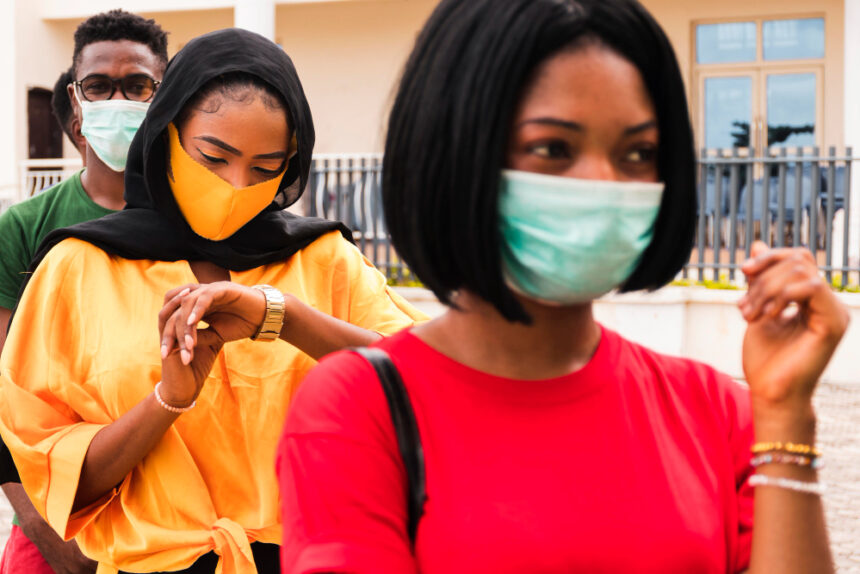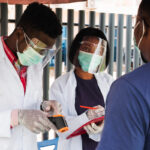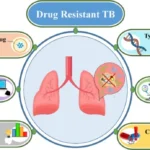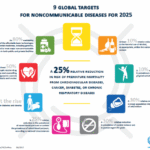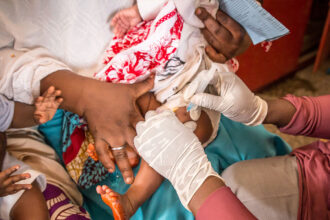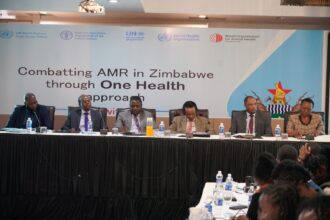The global health financing crisis poses a significant threat to efforts to combat antimicrobial resistance (AMR), potentially undermining progress made in recent years. As resources become increasingly limited, ensuring that AMR remains a priority is more critical than ever. A recent analysis examines the impact of the global health financing crisis on AMR efforts and highlights key strategies to sustain and accelerate progress.
The increasing development of antibiotic resistance is posing a serious threat to human health and development, the environment and for animal health. In 2019, drug-resistant infections were a significant contributor to mortality, with around 5 million people losing their lives due to such infections. Out of these, over 1 million deaths were directly attributable to antibiotic resistance. Without effective antibiotics, various medical procedures, including organ transplantation, chemotherapy, management of premature births, and surgeries, become riskier. The annual death toll from antimicrobial resistance is projected to rise to 10 million by 2050 if no action is taken.
The global health financing landscape has become increasingly complex, with competing priorities and limited resources. Factors such as economic downturns, pandemics, and geopolitical instability have strained health budgets worldwide. In this environment, maintaining adequate funding for AMR initiatives can be challenging, as resources may be diverted to address more immediate health crises.
However, neglecting AMR efforts due to financial constraints could have far-reaching consequences. Drug-resistant infections not only lead to increased morbidity and mortality but also impose a significant economic burden on healthcare systems and societies. The cost of treating resistant infections is often higher than that of treating susceptible infections, and the loss of productivity due to illness can further exacerbate economic challenges.
To sustain and accelerate progress in the fight against AMR amidst the global health financing crisis, several key strategies are essential:
-
Prioritization and Integration: Governments and international organizations must prioritize AMR within broader health agendas and integrate AMR interventions into existing health programs. This can help to streamline resource allocation and ensure that AMR is addressed in a holistic manner.
-
Innovative Financing Mechanisms: Exploring innovative financing mechanisms, such as public-private partnerships, impact bonds, and pooled procurement, can help to mobilize additional resources for AMR efforts. These mechanisms can leverage the expertise and resources of various stakeholders and ensure that funding is used efficiently and effectively.
-
Efficiency and Value for Money: Optimizing the use of existing resources and ensuring value for money are crucial in a resource-constrained environment. This includes promoting the responsible use of antimicrobials, improving infection prevention and control measures, and investing in cost-effective interventions.
-
Advocacy and Awareness: Raising awareness among policymakers, healthcare professionals, and the public about the importance of AMR and the need for sustained investment is essential. Strong advocacy efforts can help to ensure that AMR remains a priority on the global health agenda.
-
Collaboration and Coordination: Enhanced collaboration and coordination among different sectors, including human health, animal health, agriculture, and the environment, are crucial for an effective AMR response. A One Health approach, which recognizes the interconnectedness of these sectors, can help to optimize resource use and achieve better outcomes.
The global health financing crisis presents a significant challenge to AMR efforts. However, by prioritizing and integrating AMR within broader health agendas, exploring innovative financing mechanisms, optimizing resource use, raising awareness, and fostering collaboration, the global community can sustain and accelerate progress in the fight against this growing threat. Failure to do so could have devastating consequences for public health and economic development worldwide.

